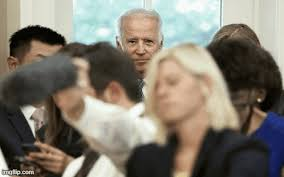In Michigan’s 2026 US Senate race, Haley Stevens raises more funds than fellow Democrats Abdul El-Sayed and Mallory McMorrow. Republican Mike Rogers, who is not facing a significant primary competition, has the most cash on hand. Out-of-state donors pumped money into the Michigan race, contributing significant amounts to the top candidates.
The 2026 U.S. Senate race in Michigan has drawn significant attention from out-of-state donors, reflecting its growing national importance. Both major party candidates are seen as key figures who could influence the balance of power in the Senate, prompting political action committees and individual donors from across the country to pour money into the race. This influx of outside funding is driven by Michigan’s status as a battleground state, where the outcome is uncertain and could tip the scales in either party’s favor.
Out-of-state donors are particularly interested in supporting candidates who align with broader national agendas, whether it’s advancing progressive policies or reinforcing conservative values. These donors bring substantial resources that enable more extensive advertising campaigns, grassroots mobilization, and voter outreach efforts. Their involvement also highlights how local elections are increasingly influenced by national political dynamics, with campaigns tailoring their messages to resonate not only with Michigan voters but also with a wider audience invested in the Senate’s future.
This surge in outside funding raises questions about the influence of external interests on local political processes. While it provides candidates with the financial means to compete vigorously, it also sparks debate about the role of money in politics and the potential for outside donors to overshadow local voices. As the race progresses, Michigan voters will be closely watching how these dynamics play out and what impact they have on the democratic process in their state.
Sources





